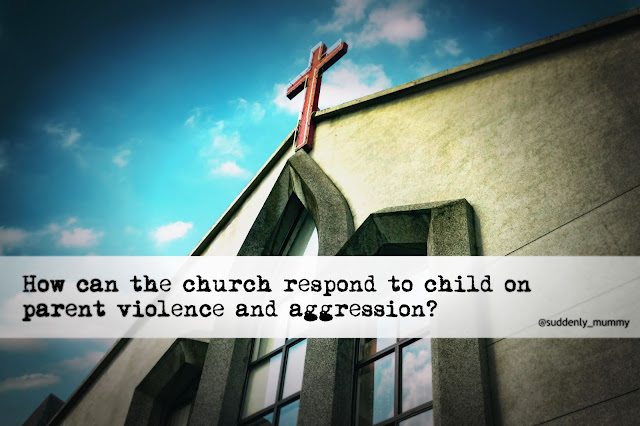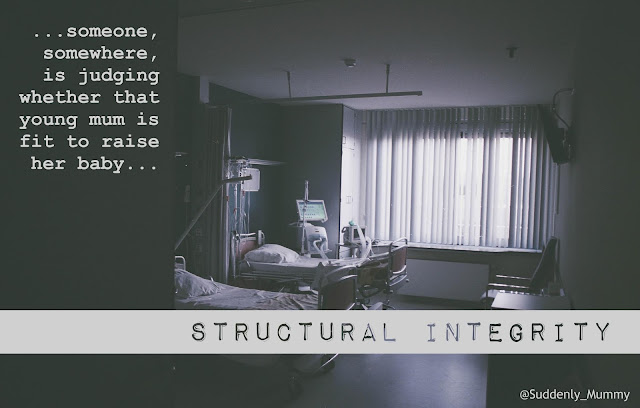At some point in the chaos that was my house renovation, the builder asked me what I wanted to do about lighting in the kitchen. I was adamant that I didn't want spot lights anywhere. The builder seemed shocked,...
At some point in the chaos that was my house renovation, the builder asked me what I wanted to do about lighting in the kitchen. I was adamant that I didn't want spot lights anywhere. The builder seemed shocked, as if I was suggesting illuminating the room with candles. What did I want instead? I said, "You can put a massive fluorescent strip light in for all I care, I just don't want spots!"Anyway, there are eleven spots in my kitchen. There are three more in the adjacent play room, which is open plan. Numbed as I was by months of builder talk, I can't really remember the process by which my builder persuaded me that this was a good idea, but I do distinctly remember him objecting to my assertion that I'd be forever changing bulbs. "These new bulbs can last for ten years!" he said, confidently.
In the five years since then, I have replaced every single spotlight at least once, and quite a few of them several times. We reached the point recently where five out of six bulbs in the main cooking and food preparation area were out. It's not an area of the house where mood lighting is desirable, what with all the knives and hot things around the place.
It was only when I put the light on in the playroom and found that two of the three bulbs in there had also spontaneously given up that I finally took action, got the step ladders out, and restored light. I really, really hate the spots.
I'd forgive you for thinking, "What's the big deal? It's only changing a couple of bulbs!" And I know that's all it is. But I also know myself. These little jobs are exactly the sort of thing that I seem to be ridiculously ill-equipped to deal with. It's not just changing the bulbs. It's having the new bulbs in the house in the first place, which means buying the bulbs, remembering what sort of bulb, deciphering whether this is the correct brightness of bulb now that the old-fashioned "60-watt" label no longer seems to exist.
Then it's unearthing the step ladders from whatever obscure corner of the house I abandoned them in last time, finding the stupid little sucky rubber thing so I can actually get the old bulbs out, balancing precariously on the ladder while my three-year-old "helps" by holding on to the side of the ladder and occasionally wobbling it dangerously in a fit of forgetfulness. In short, it's a faff. And I hate faff. I marvel at people who manage these simple adulting tasks with aplomb.
So, yeah, I'm bad at bulbs. But I'm fine with public speaking. Honestly, stand me up in front of a room with a few hundred people in it and I'm good to go. I love it. I'm also totally relaxed about needles, overfull nappies, kids throwing up, rooms full of teenagers, night feeds, and a whole host of other things that I've heard other people sometimes find stressful.
Different people have different tolerances. So when I occasionally come across conversations about whether a very frank and candid description of what adoption is like for everyone involved might be off-putting to potential adopters, I scratch my head. I honestly don't believe that we need to sugar coat the truth about any part of adoption for fear of putting off potential adopters, because if you'd told me that being an adoptive parent would be like giving a presentation to an audience of 500 people, I'd have been fine with that, while others might have baulked. But if you'd told me it would be all about changing light bulbs, I'd have run a mile in the other direction, leaving all the other prospective adopters staring at my dust with puzzled expressions on their faces.
Whatever the challenge, there's somebody out there with the skills and aptitude to step up, but what everybody needs is the truth. Tell prospective adopters about FASD, about attachment, about the impact of adverse childhood experiences. Tell them about the struggle to get the right support for their children, the challenges they might face in school, the tears, the tantrums and the trauma. Tell them everything. Don't give them some fairy story about bulbs that last for ten years (I don't care what you tell me - it's a fiction, all of it!) because knowledge, understanding and preparation is everything, and you can't prepare for things you don't know anything about.
There's talk about a recruitment crisis in both foster care and adoption. Maybe. But it's not about getting more and more people to sign up to a fairy tale. It's about getting the right people to sign up to the reality, knowing that they have what it takes because they know what will be needed.













